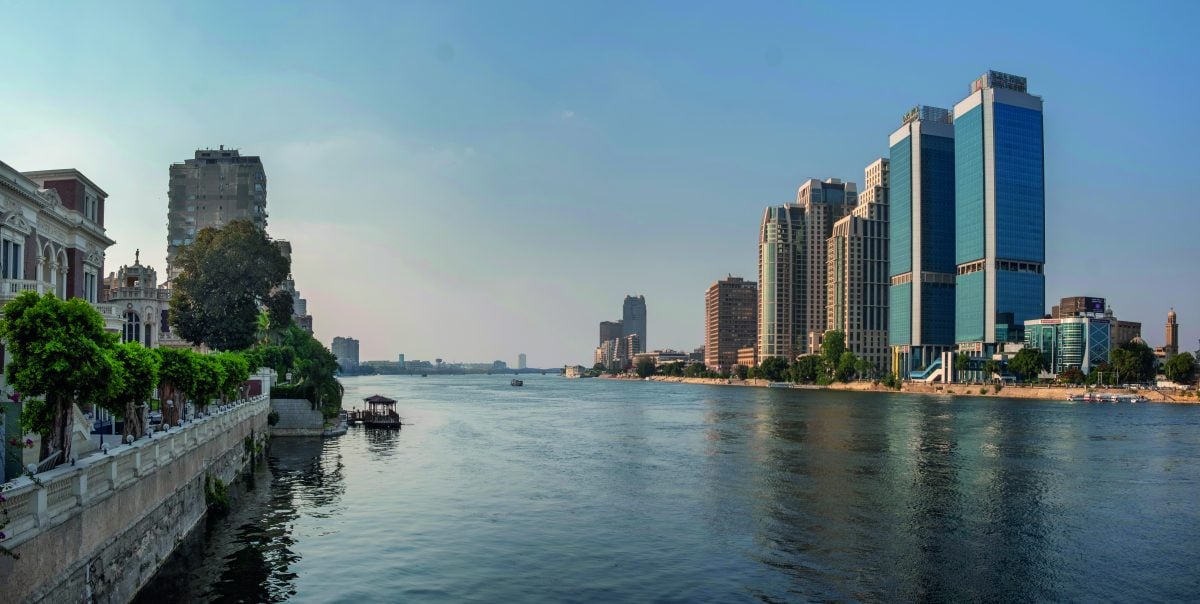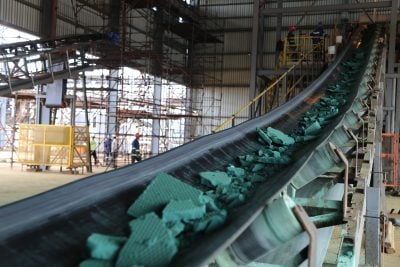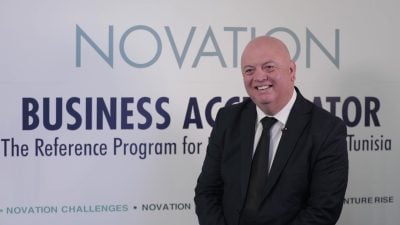This article was produced with the support of MiDA Advisors
Throughout recent decades, the economic paradigm regarding the U.S.-Africa relations has shifted from focusing on aid to trade, and now to investments, demonstrating both a change in perspective and an increased appeal of African opportunities. This shift is further supported by the commitments made by the U.S. Government at the U.S.-Africa Leaders Summit in December 2022, including $15.7 billion in two-way trade and investment commitments.
Large-scale infrastructure projects in Africa are of particular interest to U.S. institutional investors, who have the advantage of generating long-term returns on their investments while also making a social and economic impact. These substantial, long-term infrastructure projects are in need of funding and are usually best served by large, institutional investors, who have not only the necessary patient capital but also the technical knowledge and expertise to improve projects’ feasibility.
Infrastructure projects are among the most bankable in Africa, especially projects in transportation, energy, water, and telecommunications. While Africa has experienced a series of important transformations in recent years and includes some of the fastest-growing economies in the world, one of its key challenges remain the infrastructure financing gap affecting long-term growth prospects. African infrastructure, be it physical or digital, is in dire need of significant funding. The African Development Bank estimates that $100 billion of investment is required each year between 2020 to 2050 in order for the Continent to close the infrastructure funding gap.
The Prosper Africa U.S. Institutional Investor Delegation Trip that took place in Cairo, Egypt during the first week of May 2023 is seeking to facilitate U.S. institutional capital flow into Africa. The delegation has the potential to be a game-changer in terms of mobilizing U.S. institutional capital into Africa. The delegation included some of the largest U.S. pension funds, financial institutions and consultants with combined $17 trillion assets under management/advisement.
This delegation trip is part of an ongoing effort to educate and equip U.S. institutional investors with data and analysis of the real potential of investment returns and to showcase successful projects on the ground. The delegation trip was aligned with the 19th Annual Africa Private Equity and Venture Capital Association (AVCA) Conference, which gathered more than 600 managers, consultants, and allocators from around the globe representing more than $1.5 trillion in assets.
The U.S. delegates were able to meet with fund managers, government officials and other allocators to learn about potential investable projects in Africa, visit successful companies that received international capital, deepen their understanding of the African investment landscape, and create relationships with key stakeholders on the Continent.
Over the last five years, Africa has seen the rise of no less than seven unicorns, privately held tech start-up companies that are valued at more than $1 billion. The tech growth prospects remain strong as the demand for stronger digital infrastructure grows. Addressing the digital infrastructure funding gap would have significant social and economic benefits, including access to jobs, educational resources, and banking services.
Similarly, the energy sector could also greatly benefit from U.S. institutional investment. Africa is the least electrified continent globally, with more than half of the population lacking access to reliable electricity. However, the Continent is endowed with abundant natural resources, including a plethora of renewable sources. From mega-dams in Ethiopia and the Democratic Republic of Congo to enormous solar farms across the Sahara, hundreds of green energy projects of various sizes are planned across the Continent, with the potential of turning Africa into a green energy powerhouse. This is a goal that U.S. institutional investors could greatly contribute to, creating a mutually beneficial investment environment.
Unfortunately, too many Western investors still see the Continent through antiquated lens, creating a highly-skewed risk perception. The delegation trip sought to educate about real versus perceived risks, and working with partners, to assist in a thorough due diligence process. U.S. investors have the opportunity to invest in U.S. supported transactions in Africa that would earn a competitive return with risk mitigants. What is a small fraction of funds for most institutional investors would be a large inflow of capital for African countries, allowing major transformations to take place in infrastructure, energy, agriculture, digital technology and other impact sectors. These investment opportunities have the ability to lift millions out of poverty and create a framework for sustainable development.
MiDA Advisors has been working with the U.S. Government on research, relationship building, and developing a pipeline of bankable investment opportunities across Africa since 2016. These efforts have yielded significant results with over $1.8 billion mobilised into Africa and other emerging markets. The focus now is to continue this momentum and to support more U.S. investors to recognise Africa’s investment potential to mobilise capital.

 Sign in with Google
Sign in with Google 



